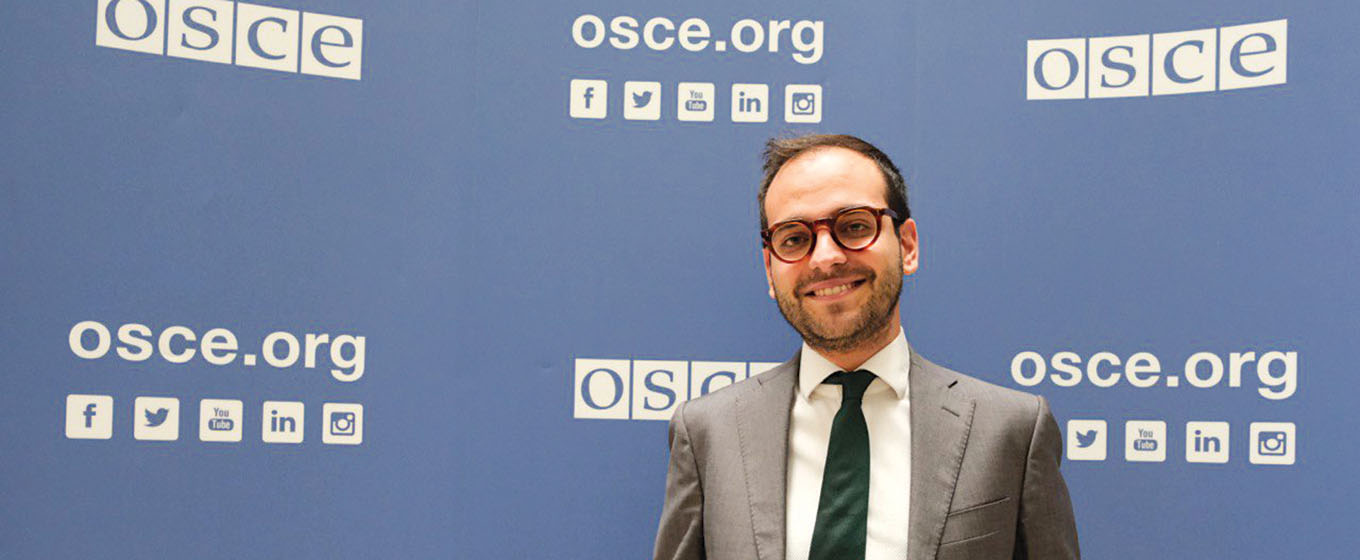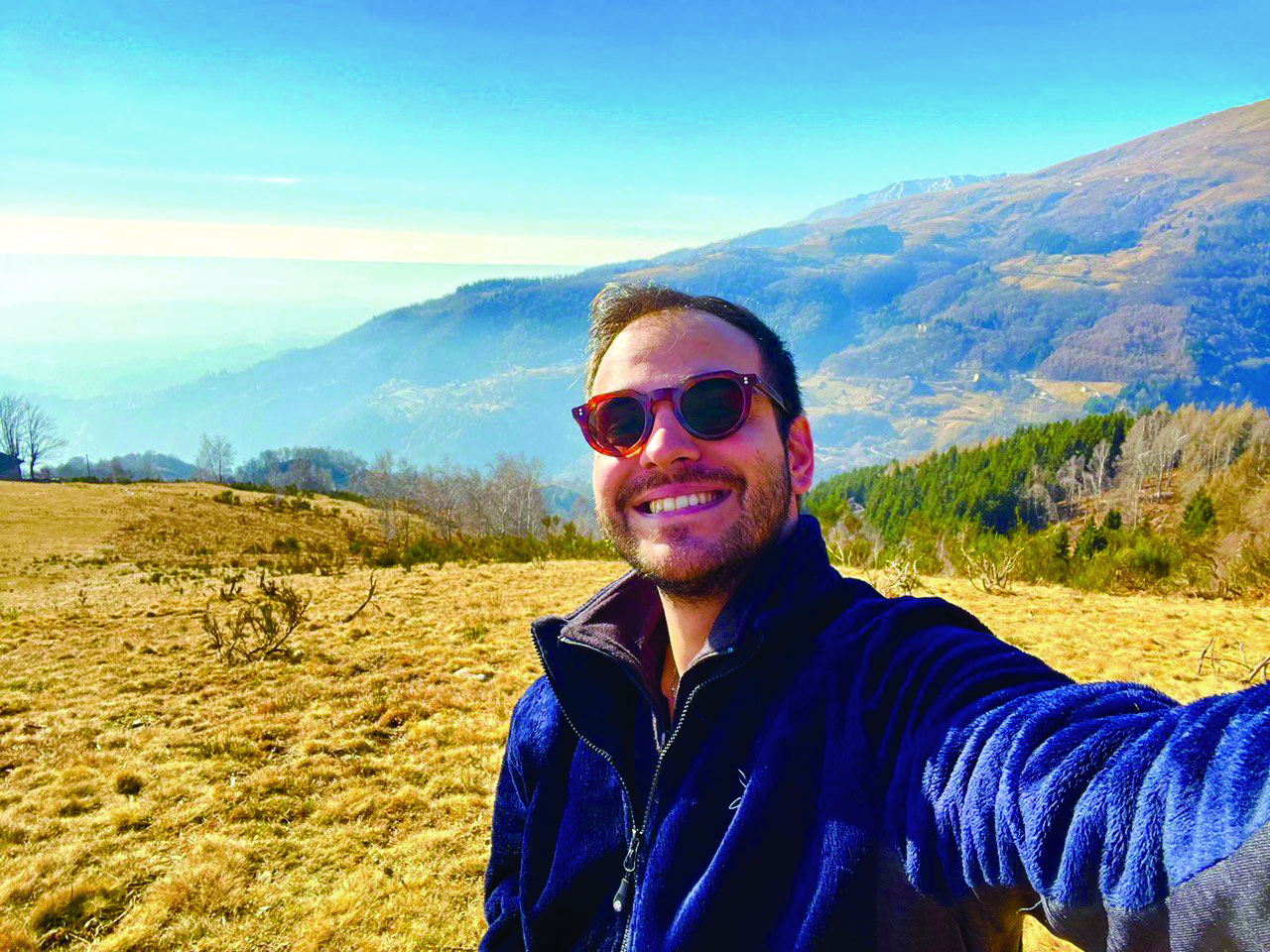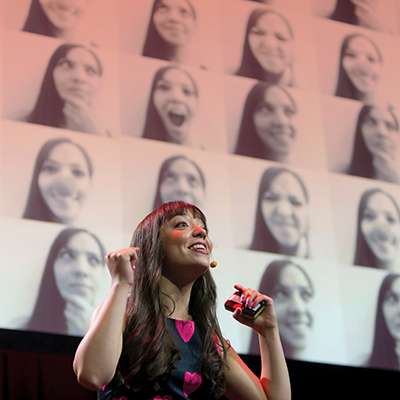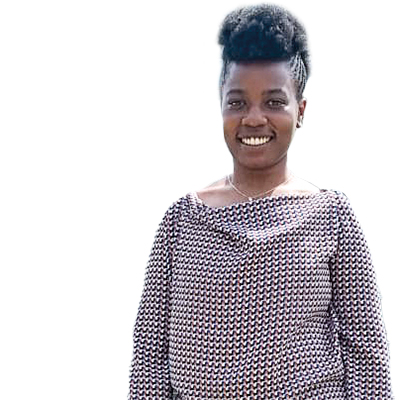Redefining goals: embracing small acts with immense impact

But are we taught that our mistakes hold valuable lessons? That learning is messy. That life is not linear. When – in a society built up on milestones to reach, exams to pass and promotions to chase – do we get told that disappointments ought to be cherished? Because at the end of the day, they teach us something. And guide us somewhere.
Around his neck hangs a small, discrete cross. It was a gift from two close friends and now, reaching for it as he speaks, it follows him everywhere he goes around the world. It has seen milelong deserts, mountain ranges and horseback riding, big conference rooms for political affairs; a silent observer in everyday conversations.
Right now, it is with him in Central Asia. In a country where East meets West and where the main routes of the Great Silk Road used to converge. And there he is, Alberto Cerri, sitting in his office talking to us via a screen. He is there on a mission: he is working for the Organisation for Security and Cooperation in Europe (OSCE), as Junior Professional Officer in Uzbekistan.
Could it be that it all started with something so – seemingly – simple as a love for languages? Originally from a small town in the hills of Piedmont, Italy, Alberto was always passionate about foreign languages, particularly German. “The reason why I chose German is a long story, but simply put, I wanted to read books in German. Read philosophy in German and understand it directly. It is a language that has always fascinated me.”
Therefore, as an 18-year-old with his passion as a driving force, Alberto decided to study Foreign Languages at Università Cattolica del Sacro Cuore for his bachelor’s degree. And not only did he learn from the pages inside a textbook but during his second semester, Alberto embarked on an Erasmus experience to study in Halle, Germany at Martin-Luther-Universität Halle-Wittenberg. “I liked it there, and when the Erasmus ended, I left and said, "I wonder if I'll ever go back?” After graduating, Alberto had the urge to expand on his interests even further. “From there, I tried to combine my two great passions in life: languages and the world. So, for my master’s degree, I chose to study International Relations.” Call it chance, during his master’s degree at Università Cattolica, his German language professor had just initiated a special project. It was a Double Degree collaboration, with a university Alberto knew very well: Martin-Luther-Universität Halle-Wittenberg. A coincidence that was almost too good to be called coincidence.

So, without any doubt, off he went. Returning to the country for which language he had always loved so deeply. “Through Università Cattolica, I was truly able to launch myself: half of my international experiences are thanks to Università Cattolica, so for that, I am extremely grateful.” Because, as Alberto continues, his experiences abroad gave him something more than just theory. “It allowed me to learn the language from within, and not from the outside.” He got to live the language he loved.
With this unique outlook, to seek out inspiration, and guidance even, in what was presenting itself around him was not just a temporary mindset guiding Alberto, it was a motto of his. Even during difficult times.
Because, as he is about to tell the story of how he ended up where he is today, he does not shy away from sharing where it originated. He smiles, "This is a funny story because my job actually stems from a “failure,” from a huge disappointment,” Alberto continues by explaining how he had the dream to try the diplomatic competition, and after working hard towards that, he failed to pass it.
But, at that point, Alberto did not despair. He simply asked himself, “So, what could I do instead?"
And, one day, as he was casually walking at the university campus, he saw big posters that caught his attention. They were promoting a Toniolo Institute programme related to projects with the Holy See. And it just felt right.
Seeing those posters, turned out to be the stepping stone to all events unfolding afterwards. He applied for the Vienna position, and he got it. He was supposed to stay for a year but because of the COVID-19 pandemic, he had to remain for almost two. “During that period, I learned so much of what I do today. So, something great came out of that, too.“
Indeed, after this, unveiled a new opportunity. There was a position opening: the Junior Professional Officer Programme of the OSCE. The Permanent Mission of the Holy See in Vienna was asked if they had anyone to propose, and Alberto was the first one they thought of.
His journey within the OSCE then launched off with him working at the Office of the Special Representative and Co-ordinator for Combating Trafficking in Human Beings, and then, he got the job he holds today. Here, he deals with the communication and political reporting at the Project Co-ordinator in Uzbekistan and tries to bring storytelling into the work of informing people about the mission and projects of the OSCE.
But what motivates you? we ask him. Curious to understand the inextinguishable fire in this young man as he speaks.
“It's difficult to define why I do what I do, but I have always tried to be in the world because I want to make my contribution. That’s where I feel fulfilled. For example, we launched a campaign called "Be Safe,” to raise awareness about the risks of human trafficking for those displaced by the war in Ukraine. And it is extremely satisfying to think that I was part of a process that protected people in emergency situations. How can you not wake up satisfied?"
But even with the profoundness of his story, and all that he has accomplished, Alberto tells us that the idea has always just been to let life unveil itself; to stay open and curious. And even in something so – seemingly – simple as a love for languages. Doesn’t it lie, underneath, a desire to put those words into practice? To connect with people. Or, to read the original language of a book, to get into the mind of another thinker.
Speaking through a slightly blurry web camera, Alberto finishes telling his story: “I just want to discover and hear stories of people; I have a passion for the life of others. So, that is why I always seek out encounters with people, and not necessarily places.”
It is impossible to identify a fool-proof, perfectly crafted plan. We cannot see the future and define a "perfect outcome." Because there is no such thing.
Life takes you places. You encounter people along the way, who makes you grow. Setbacks pave the way for unexpected opportunities and, step by step, you build your perfectly unique perspective. Perhaps all we can do is continue moving forward. Seek inspiration in the – seemingly – smallest of things: in daily interactions, in book passages, and even in our own disappointments. Alberto’s story tells us that it might be time to redefine success.
Article featured on Worldbound, edition n.8-2023.



